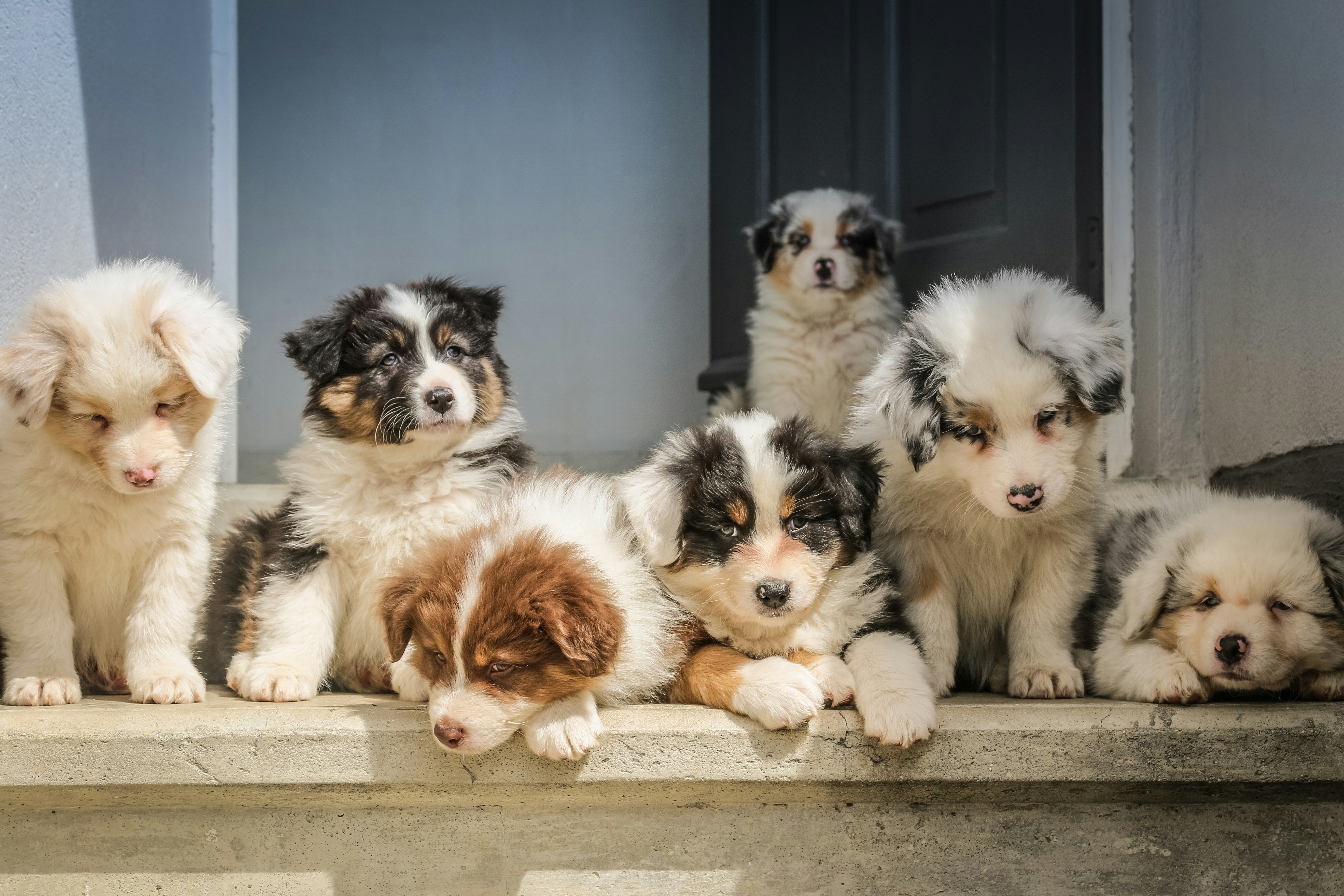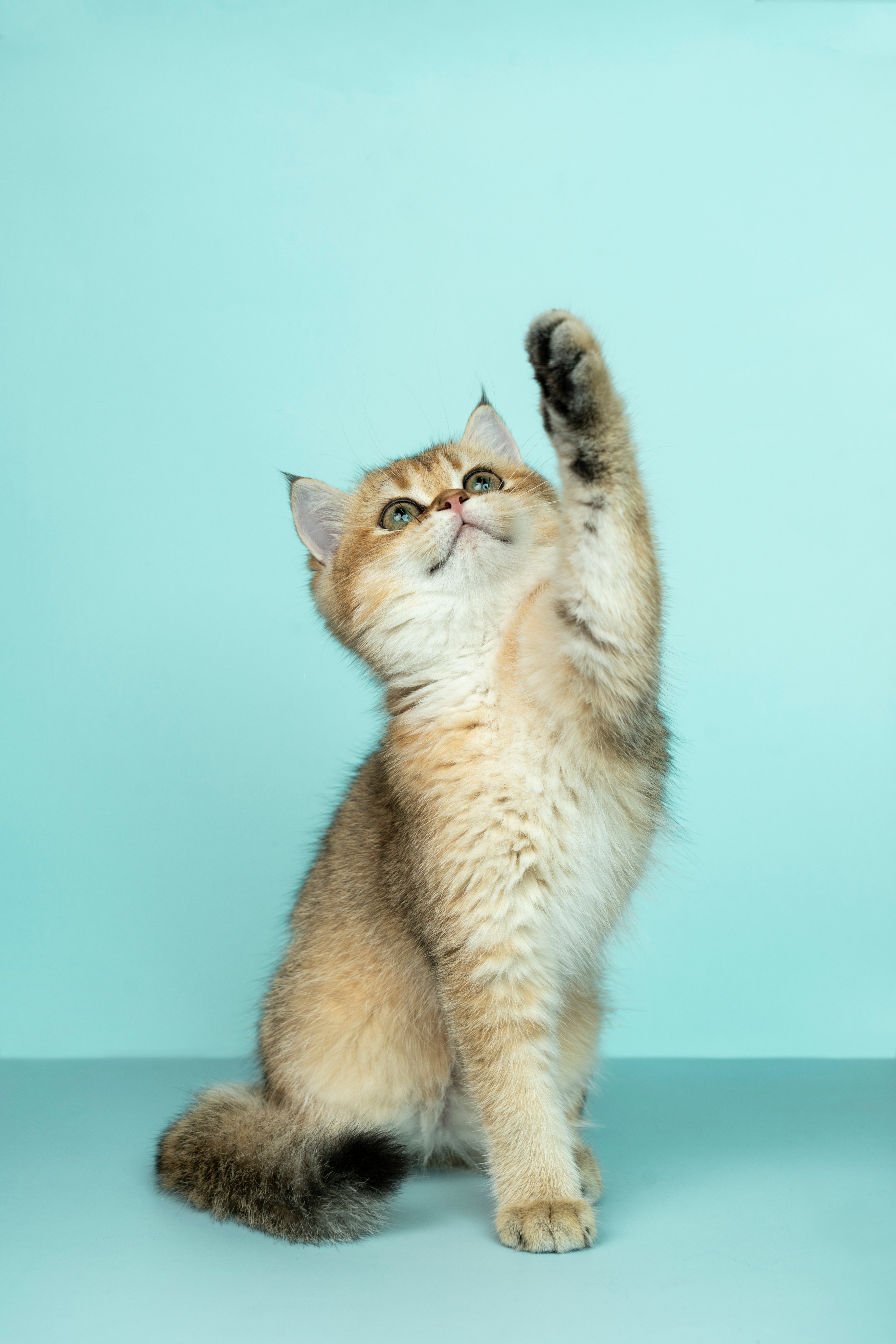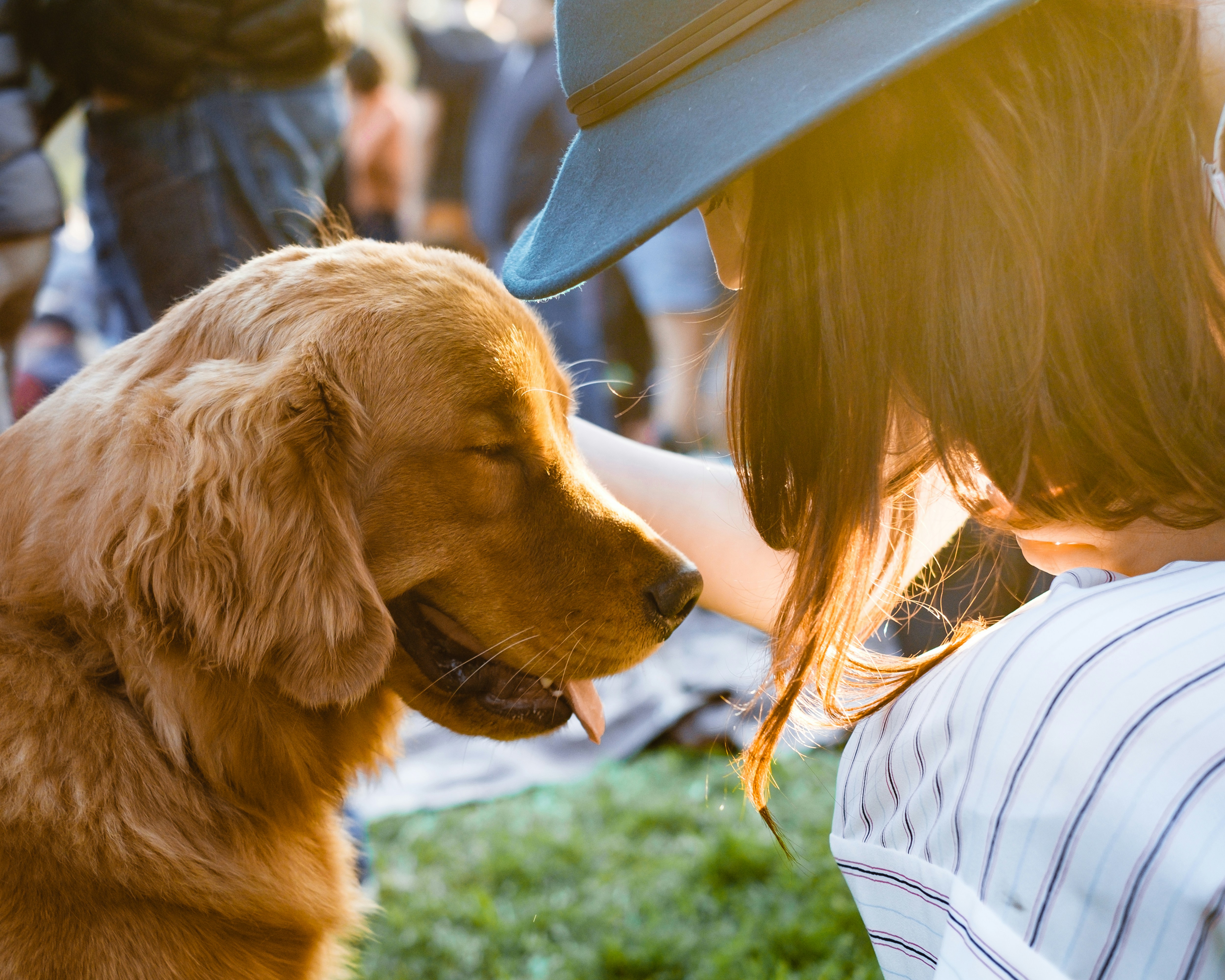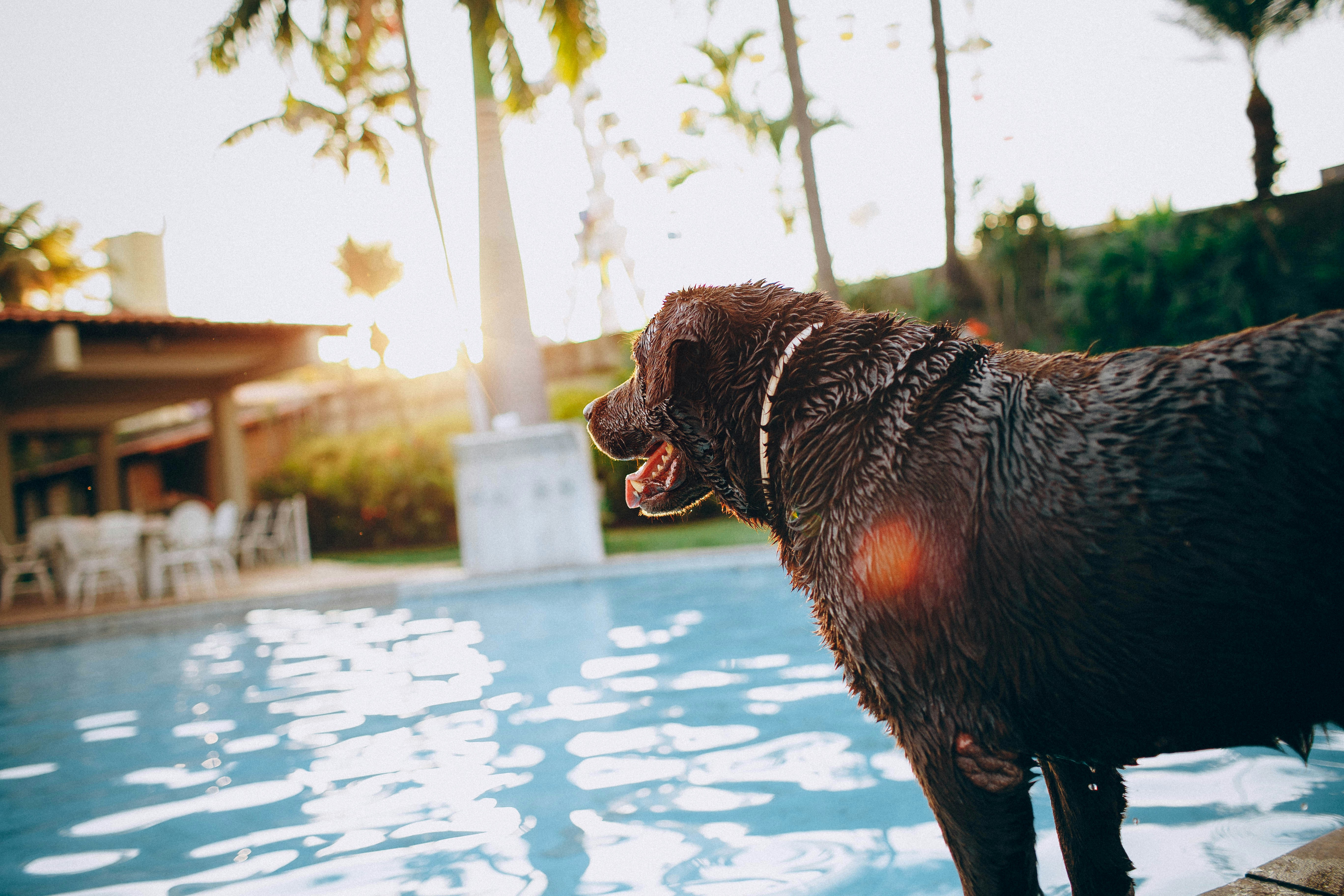Complete Chinchilla Care Guide: Daily Maintenance and Common Health Issues
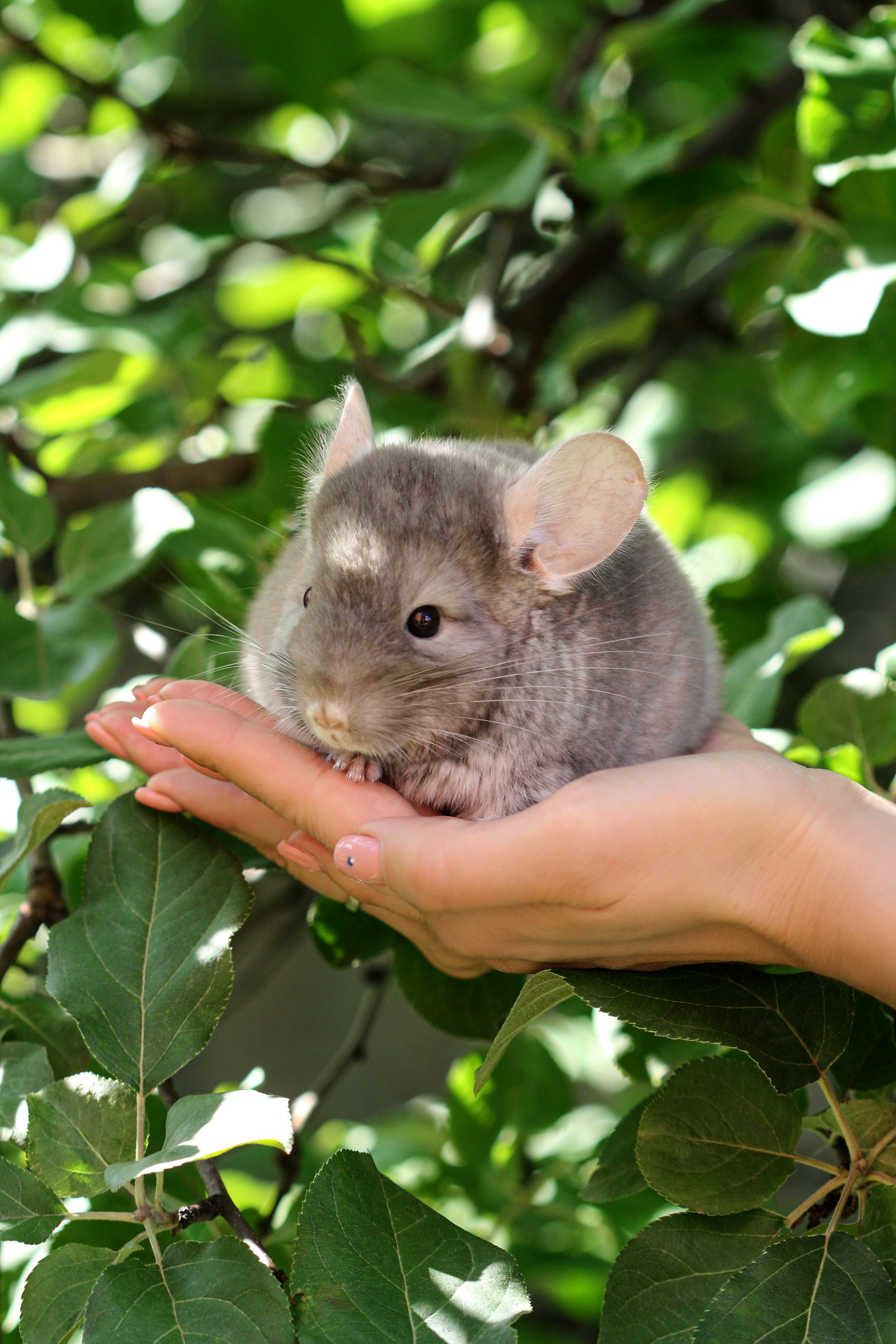
Complete Chinchilla Care Guide: Daily Maintenance and Common Health Issues
Chinchillas are beloved for their soft fur and adorable appearance. However, their unique body structure and habits require special care. Without proper attention, they can easily fall ill. This guide covers essential tips for daily care and how to prevent common health problems.
🌡 Summer Heat: The Toughest Season for Chinchillas
Summer is the most challenging time of the year for chinchillas. Their dense fur makes them highly sensitive to high temperatures.
- Control indoor temperature: Keep the room around 20°C (68°F) using an air conditioner during hot, humid days.
- Ventilate without drafts: Place the cage in a shaded, well-ventilated area, but avoid direct drafts from fans or air conditioners to prevent colds.
🍇 Diet and Treats: Moderation Is Key
Treats can help you bond with your chinchilla, but overfeeding can cause problems.
- Feed in moderation: For example, only 1–2 raisins per day.
- Prevent picky eating and digestive issues: Too many treats may lead to refusing main food, malnutrition, or diarrhea.
- Stick to a balanced diet: High-quality pellets and hay should make up the majority of their diet.
🏠 Environment and Habit Training
- Quiet surroundings: Keep the cage away from noisy areas to avoid stress and poor rest.
- Adapting to a new home: Allow your chinchilla to stay in the cage for a while to get used to its environment before letting it out for short, small-space play sessions.
- Build trust: Gently call its name and speak softly; avoid yelling or scolding, which can cause fear.
🩺 Common Health Problems and Treatments
1. Diarrhea
Cause: Often diet-related, with higher risk in summer and in young chinchillas. Caused by high-moisture or spoiled feed, excessive fruit, or damp pellets.
Symptoms: Mild cases produce soft, sticky droppings; severe cases result in watery or paste-like feces that soil the anal area.
Treatment: Stop feeding high-moisture or oily foods; dry pellets and hay thoroughly. Severe cases may require 0.5 g of sulfa drugs per day, split into two doses for 2–3 days.
2. Constipation
Cause: Poor diet or nervous system issues.
Symptoms: Reduced or no bowel movements, hard dry droppings, lethargy.
Treatment: Increase water intake, provide easily digestible greens or apples; if ineffective, use glycerin enemas, liquid paraffin, or vegetable oil suspension orally.
3. Enteritis
Cause: Often secondary to severe diarrhea; contagious.
Symptoms: Loose stool with yellow-green mucus or blood streaks, loss of appetite, fever.
Treatment: Isolate the sick chinchilla, disinfect the cage, and use chloramphenicol or sulfa drugs. Provide glucose solution injections if not eating.
4. Mite Infestation
Symptoms: Patchy hair loss, dandruff-like flakes on the skin.
Treatment: Apply 1% trichlorfon solution daily for 3–5 days and keep the environment dry.
5. Conjunctivitis
Cause: Colds, dust from sand baths, or poor hygiene.
Symptoms: Red, swollen eyes with excessive tearing or discharge.
Treatment: Apply penicillin eye drops 1–2 times daily.
6. Malocclusion
Cause: Lack of wooden blocks for chewing, leading to overgrown teeth.
Treatment: Provide chewable wood in the cage; trim teeth if necessary and apply antiseptic afterward.
7. Fur Chewing
Cause: Genetic or environmental stress; genetic cases are untreatable.
Treatment: Avoid buying chinchillas with missing patches of fur; stress-related cases may improve with vitamin supplements.
8. External Wounds
Treatment: Apply Yunnan Baiyao powder or sulfa powder; stop sand baths during recovery.
9. Heatstroke
Cause: Occurs when temperatures exceed 30°C (86°F).
Symptoms: Lethargy, red ears, rapid breathing, collapse in severe cases.
Treatment: Immediately lower the temperature, improve ventilation, and avoid high heat exposure.
✏ Conclusion
Chinchillas may be small, but caring for them is not as simple as looking after a cat or dog. A proper diet, a safe environment, and preventive healthcare are essential for keeping them healthy and happy. Patience and attention to detail are the keys to building a deep bond with your chinchilla.

